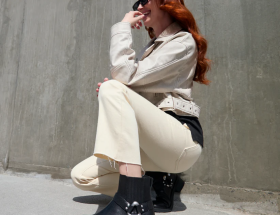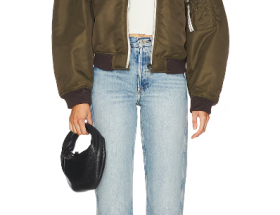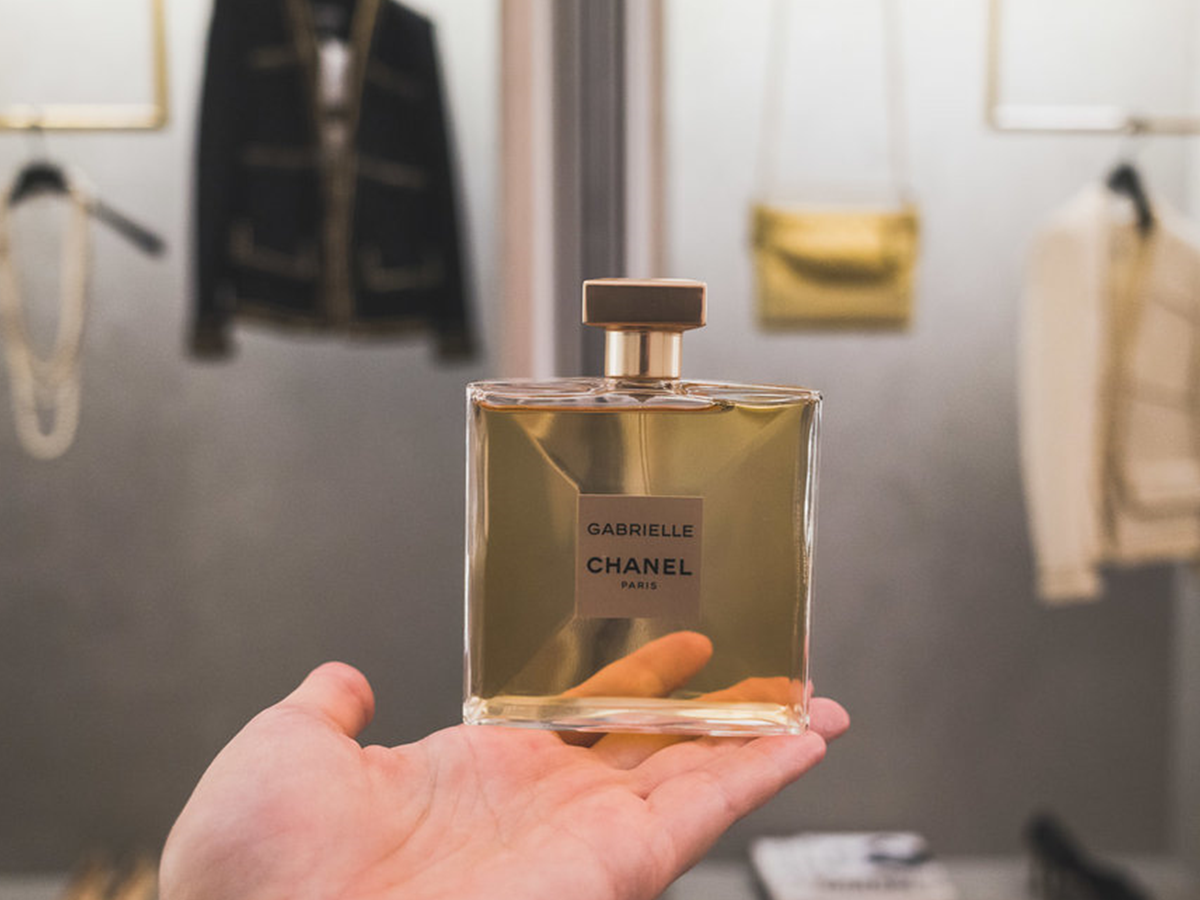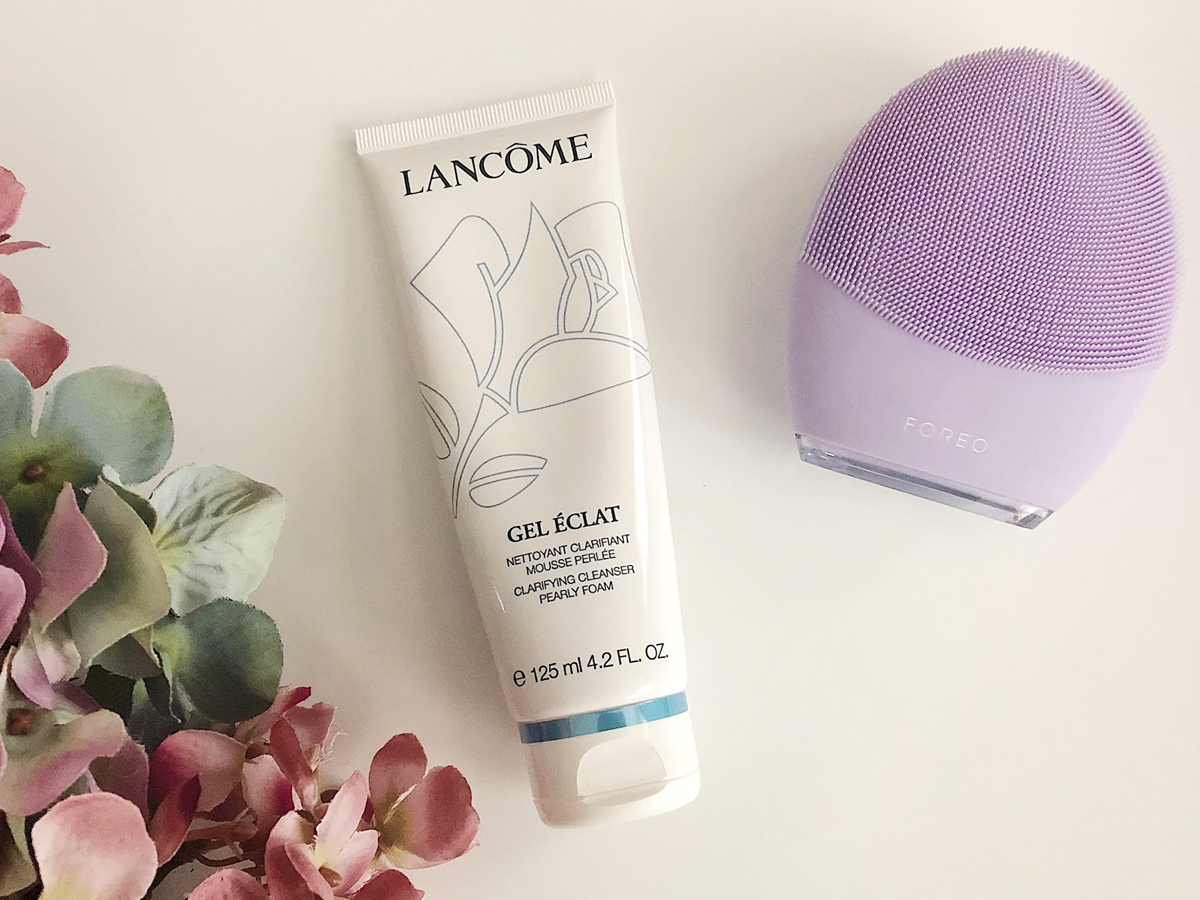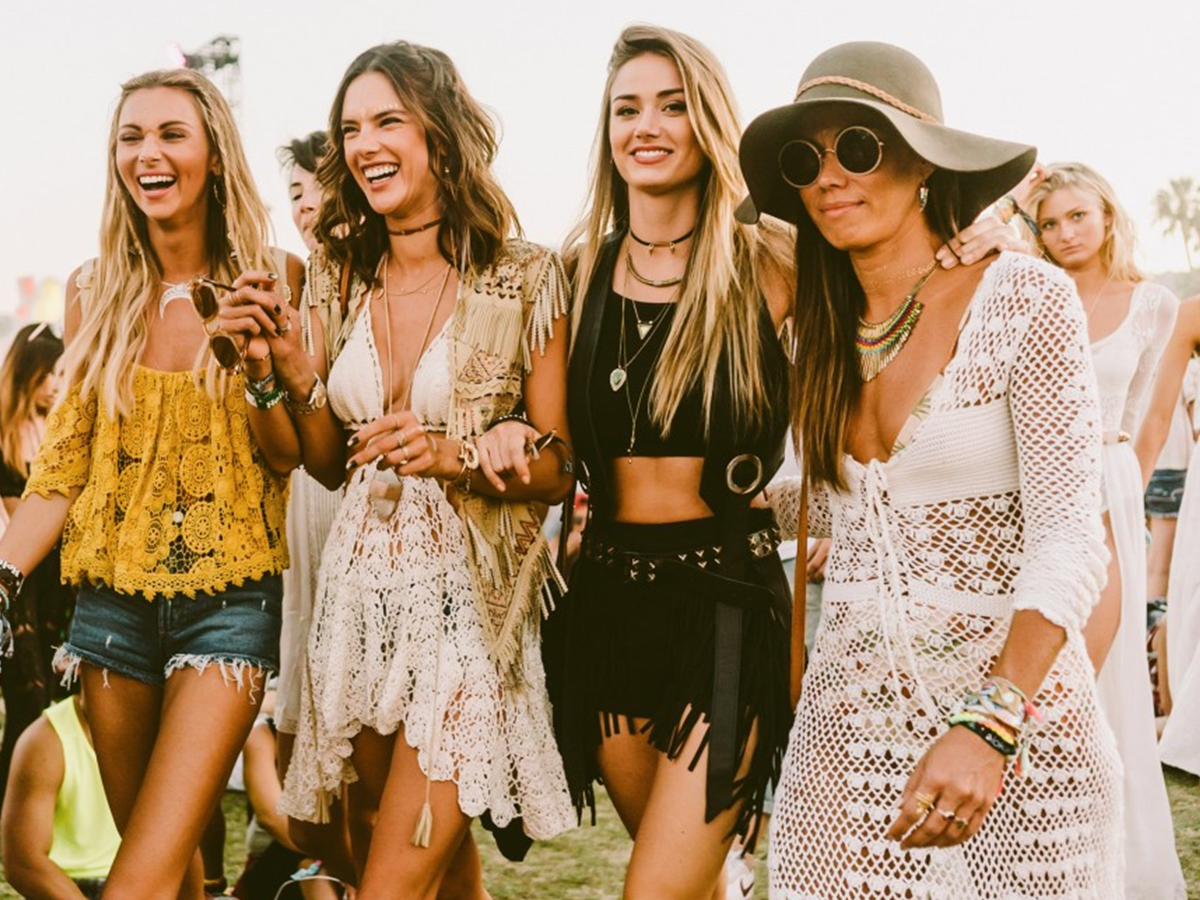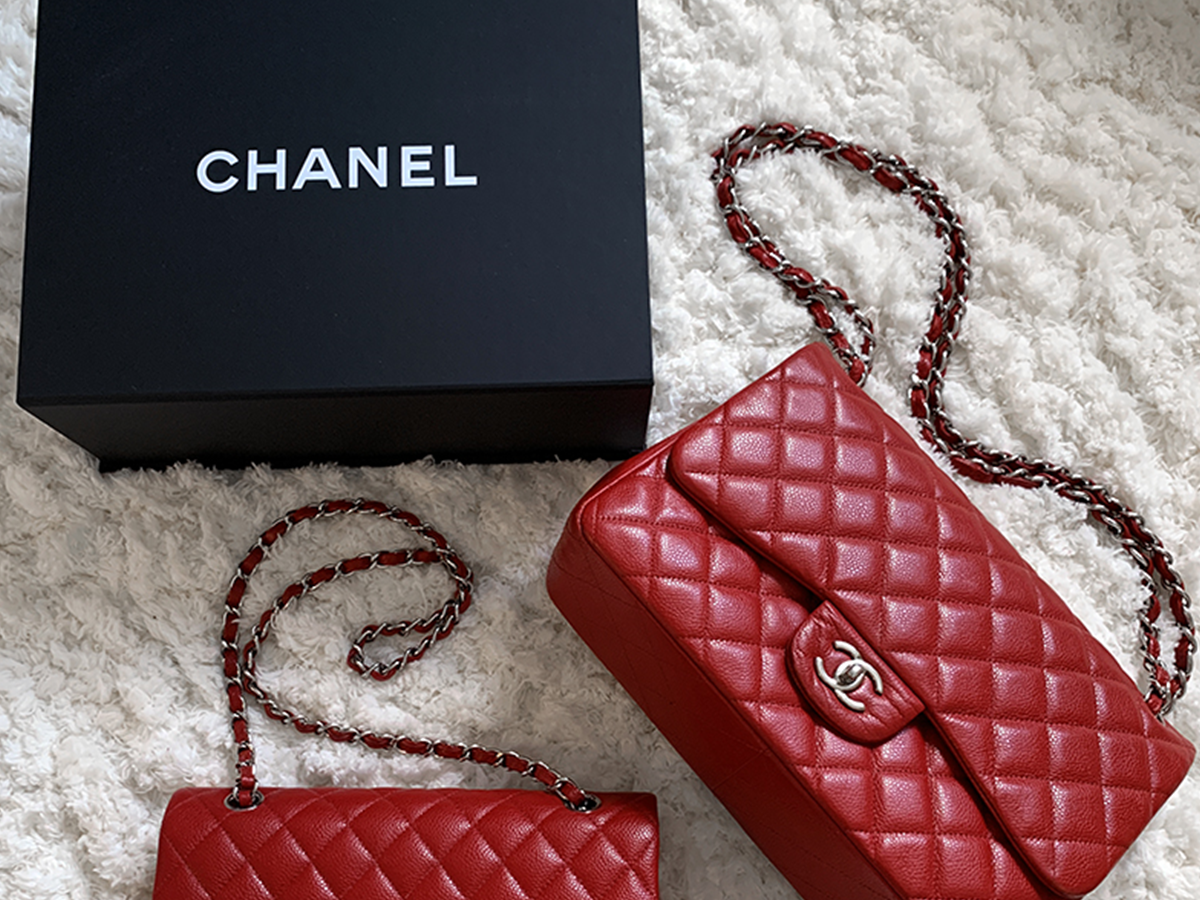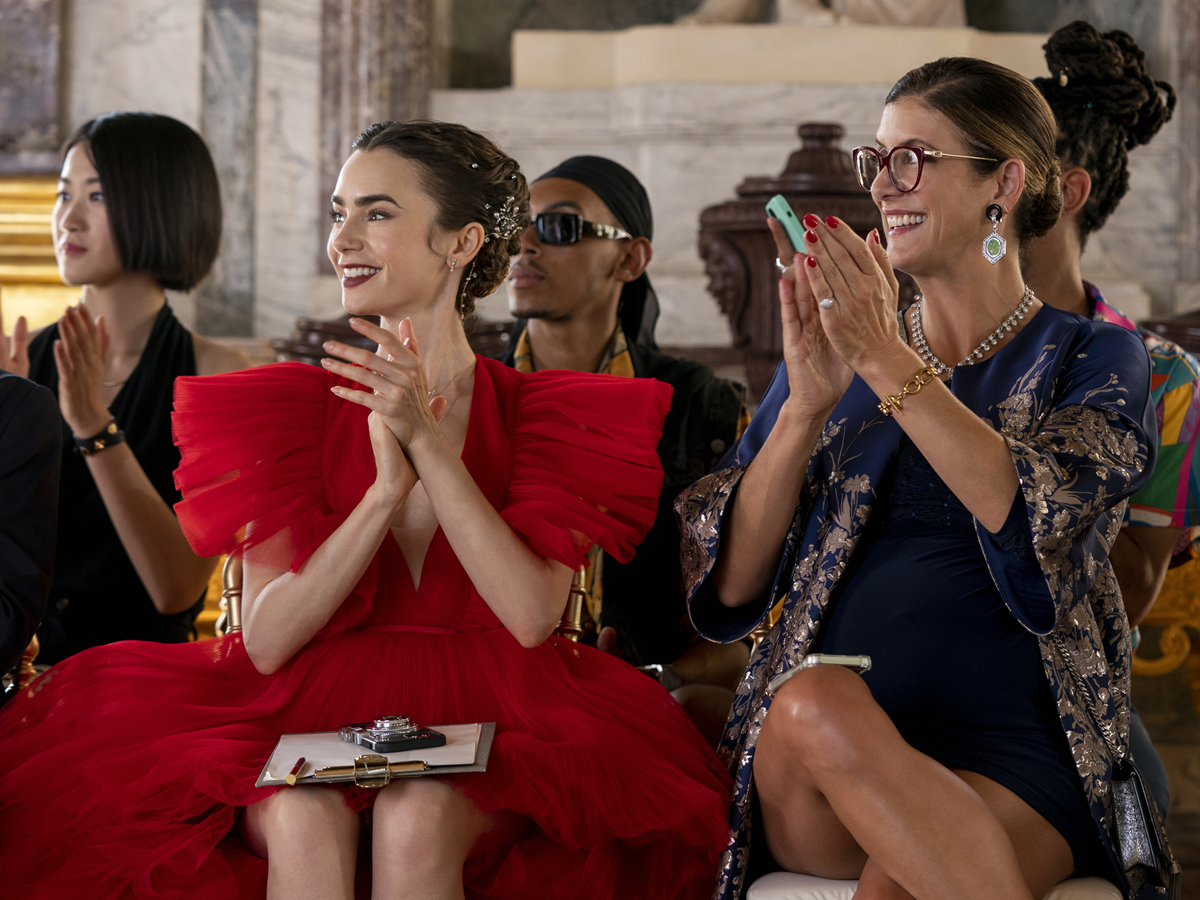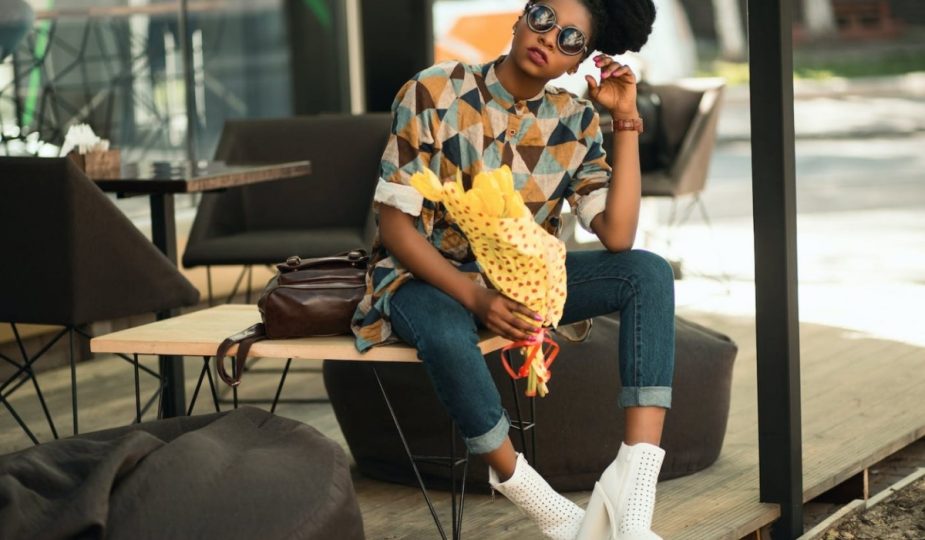
Impact of Social Media on Fashion Trends
Affiliate Disclosure: This site may contain links to affiliate websites, and we receive an affiliate commission for any purchases made by you on the affiliate website using such links.
Social media has revolutionized the fashion industry, becoming a pivotal force in shaping trends and influencing consumer behavior. Platforms like Instagram and TikTok have emerged as powerful tools for setting fashion trends, promoting brands, and enabling influencers to connect with global audiences, creating a dynamic and fast-paced fashion ecosystem.
Instagram and TikTok have democratized fashion, allowing anyone with internet access to participate in trendsetting. Influencers and fashion enthusiasts share their style choices, garnering massive followings and setting trends that can spread worldwide within hours. These platforms have shifted the power dynamic from traditional fashion houses to individuals, who can now influence trends from their living rooms. This shift has led to a more diverse representation of styles and voices in the fashion industry.
Brands leverage social media to promote their products, tapping into the vast reach of these platforms to engage with consumers directly. By collaborating with influencers, brands can showcase their collections to targeted audiences, enhancing their visibility and credibility. The immediacy of social media allows for real-time feedback from consumers, providing brands with valuable insights and the ability to adapt quickly to changing preferences. This direct interaction fosters a sense of community and loyalty among consumers, who feel more connected to the brands they follow.
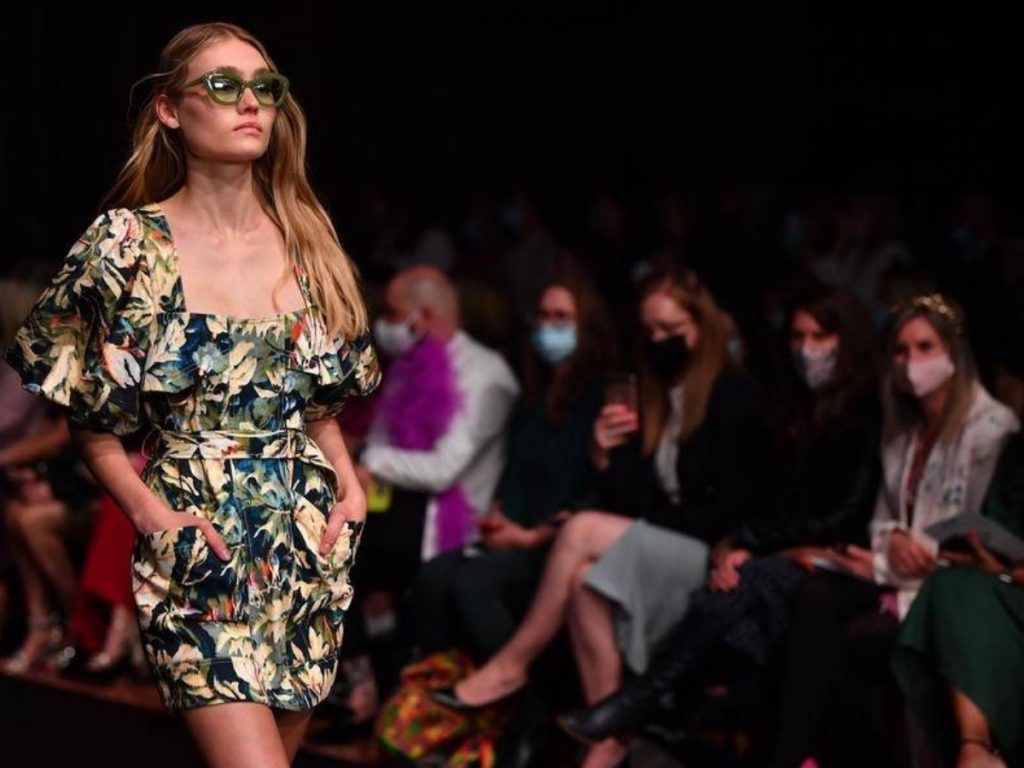
However, the impact of social media on fashion is not without challenges. The rapid pace at which trends emerge and fade can lead to a cycle of fast fashion, where the focus on newness and immediacy encourages excessive consumption and waste. This has raised concerns about the environmental impact of constantly changing trends and the pressure it places on consumers to keep up.
Moreover, the portrayal of unrealistic beauty standards and curated lifestyles on social media can affect individuals’ self-esteem and body image. The pressure to conform to idealized images can lead to negative self-perception and mental health issues among users.
Despite these challenges, the benefits of social media’s role in the fashion industry are significant. It fosters inclusivity, creativity, and innovation, providing a platform for underrepresented voices and promoting diverse styles. As social media continues to evolve, its influence on fashion will likely grow, reshaping how trends are created, consumed, and cherished globally. Embracing this digital transformation while addressing its challenges is crucial for a sustainable and inclusive fashion future.
Hi~Living Deals from "Wild One"

